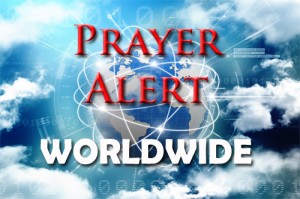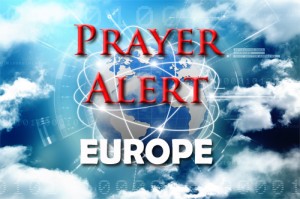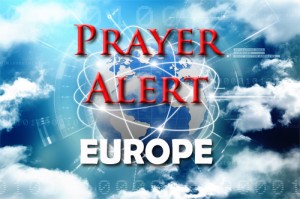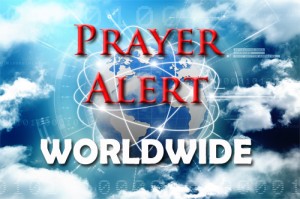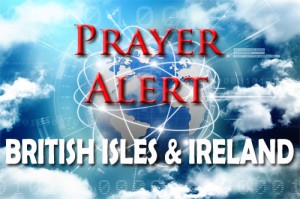Displaying items by tag: division
Iraq: a) Mosul divided
Bad blood and a thirst for revenge divide people in Mosul, the former IS capital. Many local residents welcomed the jihadists who promised protection from corruption, jobs and security. The promises proved false, but thousands in Mosul still pledged allegiance to IS; some driven by IS propaganda, others by hunger or simply fear. Currently men who worked as IS enforcers or officials are still living in Mosul. Local police pursue them nightly, raiding houses and questioning families of suspected IS members. Some police and civil defence workers who have had relatives killed by IS are now working out their hatred and revenge on unconfirmed suspects, and many residents face suspicion and abuse due to guilt by association.
European Christianity divided along political lines
The Eurosceptic German right claims that the Alternative for Germany party is the only really Christian political group in Germany, as the ruling CDU has failed to defend the nation’s religious and cultural heritage. In England Malcolm Pearson of UKIP has denounced the political establishment for giving in to politically correct definitions of equality and hate speech, saying he fears it could soon become illegal to assert Jesus’ divinity. Italy’s Northern League are objecting to a prime location in the Florence region being made available for the construction of a mosque. Across Europe, parties on the political right and far-right are talking the language of Christian heritage. In many cases their strongest adversaries include the clergy and bishops of Europe’s Christian churches, with political pronouncements on welfare and migration.
Spain: depths of division
Half the electorate in the wealthy north-east region of Catalonia oppose secession from Spain, but recent events have brought the long-running debate to a head. A poll showed unionist parties winning 43.4% support and pro-independence 42.5%. Madrid called the situation ‘the country’s worst political crisis in four decades’. The chaos has caused an exodus of businesses, about 1/5th of Spain’s economy. Tourism has dropped and markets go up and down, reflecting fast-moving developments. After the Catalan leader Carles Puigdemont held an independence referendum despite Madrid's opposition, the constitutional court declared the vote illegal. Spain's central government has now taken direct control of Catalonia. Many believe that it might look over, but the Spanish region’s independence bid has long-lasting repercussions. See
Russia: a divided people
On 8 March celebrations began for the centenary of the Russian revolution; they will continue for one year. Revolution brought education to those at the bottom of the social pile, while destroying the middle class. Conflicting rich v poor views continue today. Last Sunday Alexei Navalny, an anti-corruption and opposition activist, called on his supporters to protest, and accused prime minister Dmitry Medvedev of personal enrichment through embezzlement. The biggest rally of 8,000 people in Moscow was unsanctioned, and 600 were detained. 3,000 demonstrated in St Petersburg (131 detained), 500 in Vladivostok (25 detained), 1,500 in Novosibirsk, and others elsewhere. Many believe that Russia and democracy are incompatible, and that 2017 will reunite Russians to a legacy of revolutions that continues to divide. See http://www.independent.co.uk/voices/russian-revolutions-1917-centenary-celebrations-2017-vladimir-putin-bolsheviks-lenin-stalin-trotsky-a7605791.html
Scotland’s unprecedented times and division
Nicola Sturgeon has called for 'indyref2'; Theresa May indicated it wouldn’t happen in the time frame. Holyrood’s debate on Wednesday, with a vote scheduled for 5:30 pm to ask the UK Government to agree to a second independence referendum, was suspended after the terrorist attack outside Westminster. The debate and vote will now continue next Tuesday. The following day, Wednesday, formal 'triggering' of Article 50 will start negotiations to leave the EU. Many Scots are once again taking up the deep-rooted positions which divided communities and families during the last independence campaign. Others are confused and anxious about the future.
